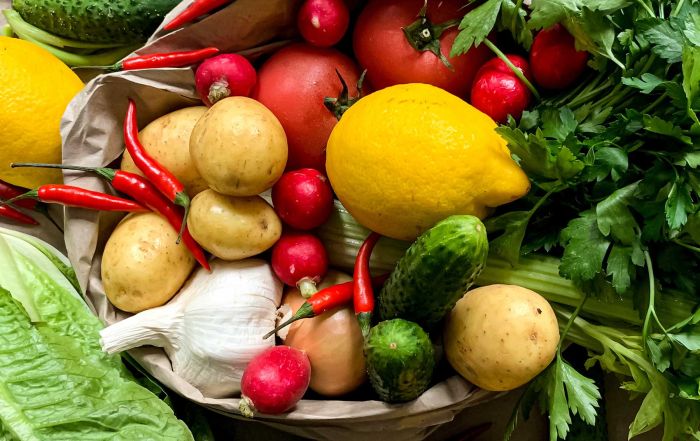RETHINKING THE RINSE: WHY WASHING POULTRY ISN’T SO WISE
As November rolls around, we generally start to shift our focus to Thanksgiving and the busy holiday season. When I was in operations, our busiest day of the year was Thanksgiving, so it was generally all hands-on deck for our restaurant. This was also the one day of the year that we served turkey, outside of the sliced variety that we used on sandwiches and came in precooked. One question that always seemed to come up is if one should wash the raw turkey in the prep sink before seasoning it and placing it in the ovens to cook. Despite its historical prevalence, this age-old tradition comes with significant food safety risks and, in all actuality, yields little to no benefits. Although it may be more common in consumer kitchens than it is in most foodservice operations, it does warrant a discussion of why this is not a wise idea.
While the ritual of rinsing turkey may be a common practice for many, the practice has been frowned upon by health experts for many years. The United States Department of Agriculture and the Centers for Disease Control and Prevention, have actively discouraged the practice.
WASHING POULTRY IN THE SINK CAN CREATE A BREEDING GROUND FOR BACTERIA, TURNING THE VERY PLACE WHERE YOU PREPARE FOOD INTO A POTENTIAL HAZARD.
First and foremost, washing raw poultry in the sink doesn’t achieve the desired outcome that many might assume. Rinsing raw poultry does not effectively eliminate bacteria or pathogens that may be present on the surface of the meat. Just like a simple rinse of your hands has little to no effect on reduction of bacteria on your hands, the same is true with poultry. In fact, the splashing water can lead to the spreading of these microorganisms to nearby surfaces, exacerbating the risk of cross-contamination.
Raw poultry can harbor harmful bacteria such as Salmonella and Campylobacter. These pathogens are known to cause foodborne illnesses, leading to symptoms ranging from stomach cramps to more severe conditions that may require medical attention. Rather than relying on water to remove bacteria, the most effective way to ensure poultry is safe to consume is through properly cooking the poultry to 165˚F, as heat kills these harmful microorganisms.
Washing poultry in the sink can create a breeding ground for bacteria, turning the very place where you prepare food into a potential hazard. The combination of water, organic matter, and the porous nature of kitchen surfaces can foster the growth and spread of microorganisms, putting your business (or family) at risk every time you use the food preparation sink. Plus, in a busy foodservice kitchen, this risk is amplified by the fast-paced nature of commercial kitchens, where the swift movement from one task to another may lead to oversight and compromise food safety.
The age-old tradition of washing poultry in the sink is not only unnecessary but poses a considerable risk to your health. Instead of relying on water to eliminate bacteria, focus on proper cooking techniques and limiting cross contamination. Remember, when it comes to poultry, it’s better to be overly safe in the kitchen than sorry at the dinner table (or later). Risk Nothing.
READ MORE POSTS
Halfway Gone, A Mid-Year Food Safety Check-up for your Foodservice Business
July is often a time when a portion of us in the foodservice business are at [...]
From Farm to Fork: Knowing the Importance of Food Origins
In the foodservice industry, maintaining high standards for the food that comes into your back door [...]
Brushing up on Hygiene: Are Nail Brushes the Unsung Hero of Clean Hands?
Last month, I focused the discussion within the blogs on handwashing. One aspect of handwashing that [...]
Clean Hands, Safe Eats: Considerations to Improve Handwashing Compliance
In my blog earlier this month, I discussed a bit of the art and science behind [...]










